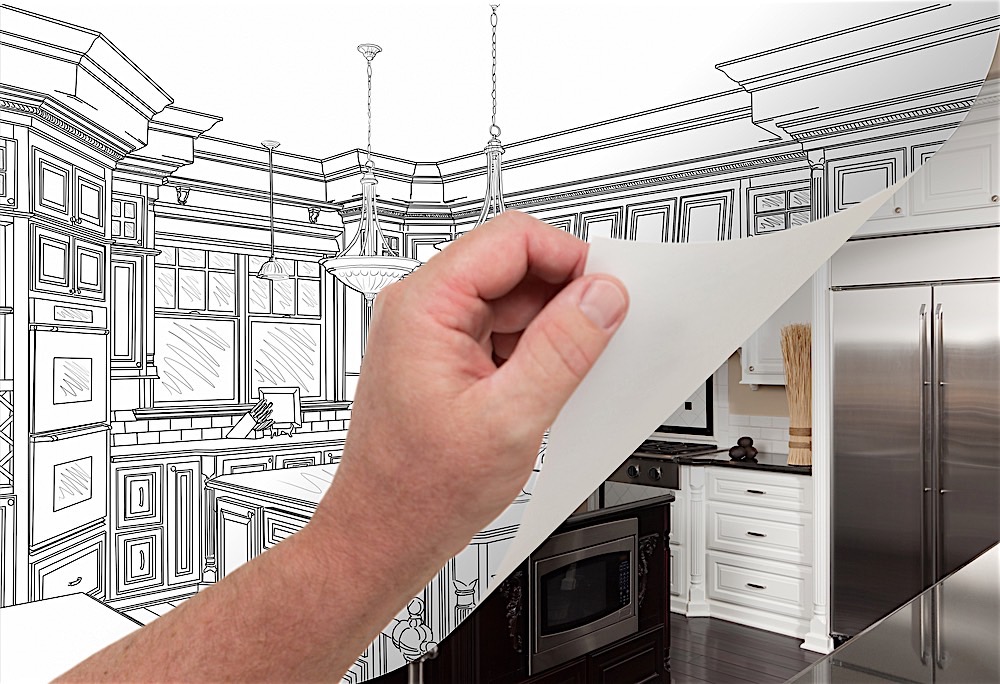 Rehabbing properties isn’t cheap, and taxes are one of the main reasons. The fees you incur by simply holding the title of a property can be enough to put some people out of the house-flipping business for good. However, as painful as taxes can be, they can be manageable if you’re willing to educate yourself. Here are a few things anyone flipping houses should know:
Rehabbing properties isn’t cheap, and taxes are one of the main reasons. The fees you incur by simply holding the title of a property can be enough to put some people out of the house-flipping business for good. However, as painful as taxes can be, they can be manageable if you’re willing to educate yourself. Here are a few things anyone flipping houses should know:
- The Difference between Businesses and Investments. Depending on how successful you are at rehabbing properties, you may be subject to a more severe tax bracket. Fixing up and selling just one house is considered an investment subject only to property taxes, but if you flip two or more houses in a year, the IRS will notice and might force you to start thinking about your flipping hobby as a business instead. The difference? You’ll also have to start paying income taxes, a 15% self-employment tax and other costly fees. Therefore, if rehabbing properties isn’t your primary source of income, you may want to “space out” your projects a bit in order to stay under the radar.
- The 1031 Form is Your Friend. While it’s a good idea for occasional flippers to fly under the radar, anyone who turns over more than five houses a year can save thousands of dollars by listing their homes as 1031 exchanges. A 1031 is a “like-kind” exchange, which means that one property is exchanged, free of taxes, for another. While you don’t literally have to trade houses with your buyers, you will have to invest all of your earnings from a sale into another piece of real estate within days of closing – which is why this technique is only recommended for who always have a project to work on.
- Deduct, Deduct, Deduct. No matter how the IRS classifies your flipping hobby, you can still save a bundle every year by deducting all of your rehabbing costs as business expenses on tax day. Since the IRS is familiar with unscrupulous flippers exaggerating these expenses, you’ll want to make sure that you keep all of your receipts to back up your claims in the event of an audit. As long as you make sure to keep good records, you’ll come out clean and thousands of dollars ahead when April’s over.
Taxes are definitely a pain when it comes to rehabbing properties, but if you take these steps to keep them in check, you shouldn’t have any problem making an honest profit. As long as you keep good records and flip houses at an appropriate pace, filing for your return will be even easier than they make it look on television.




